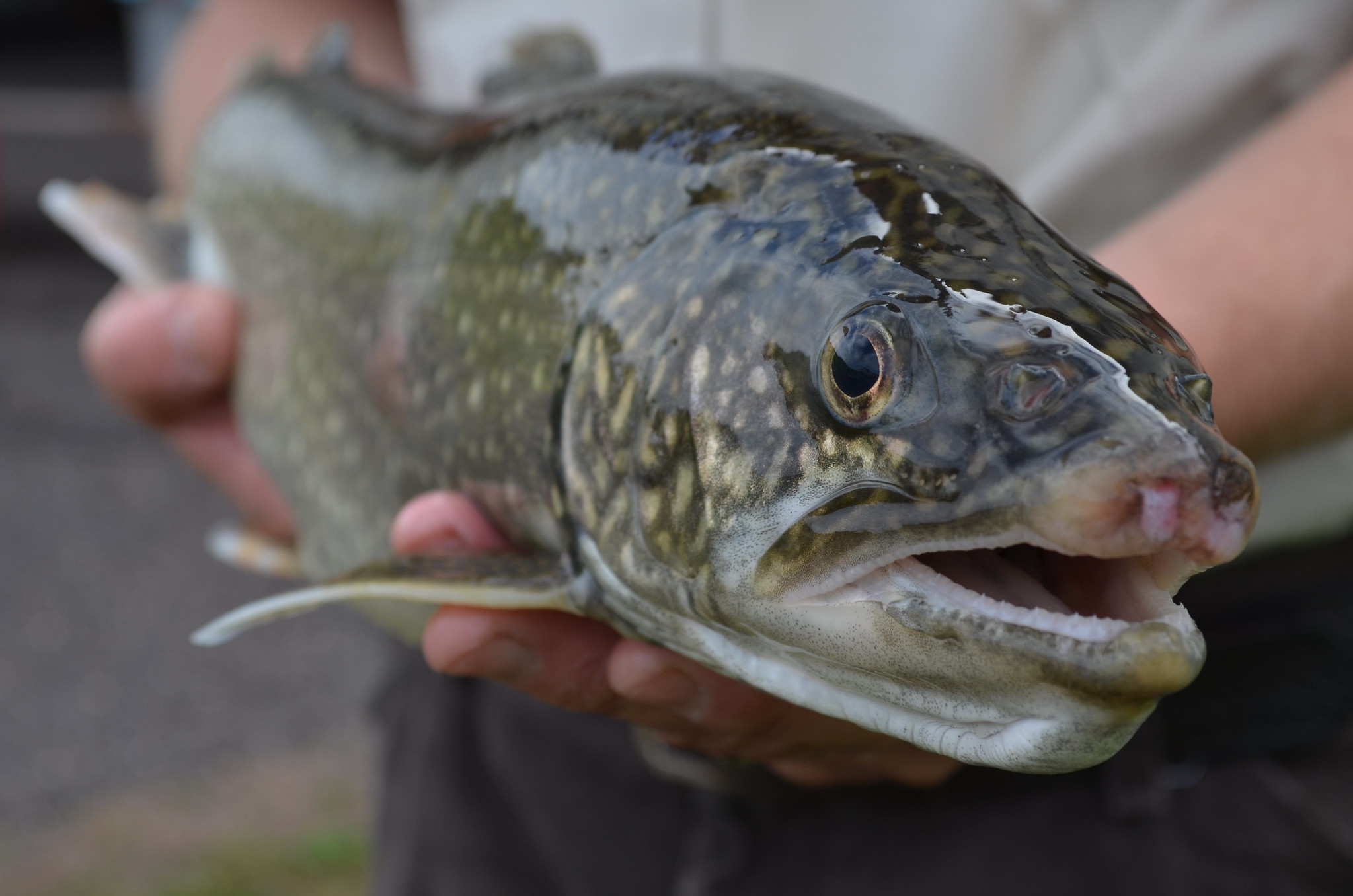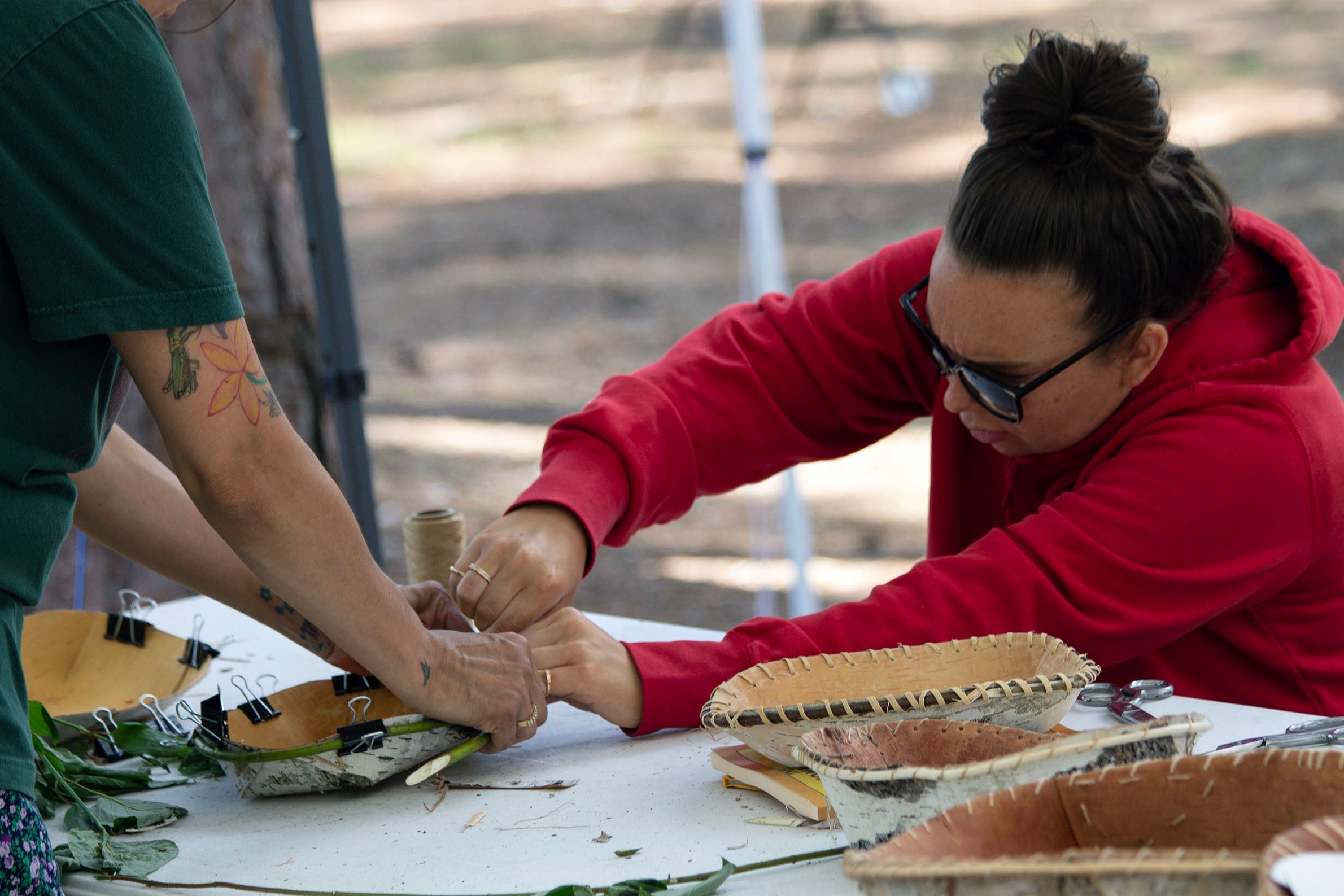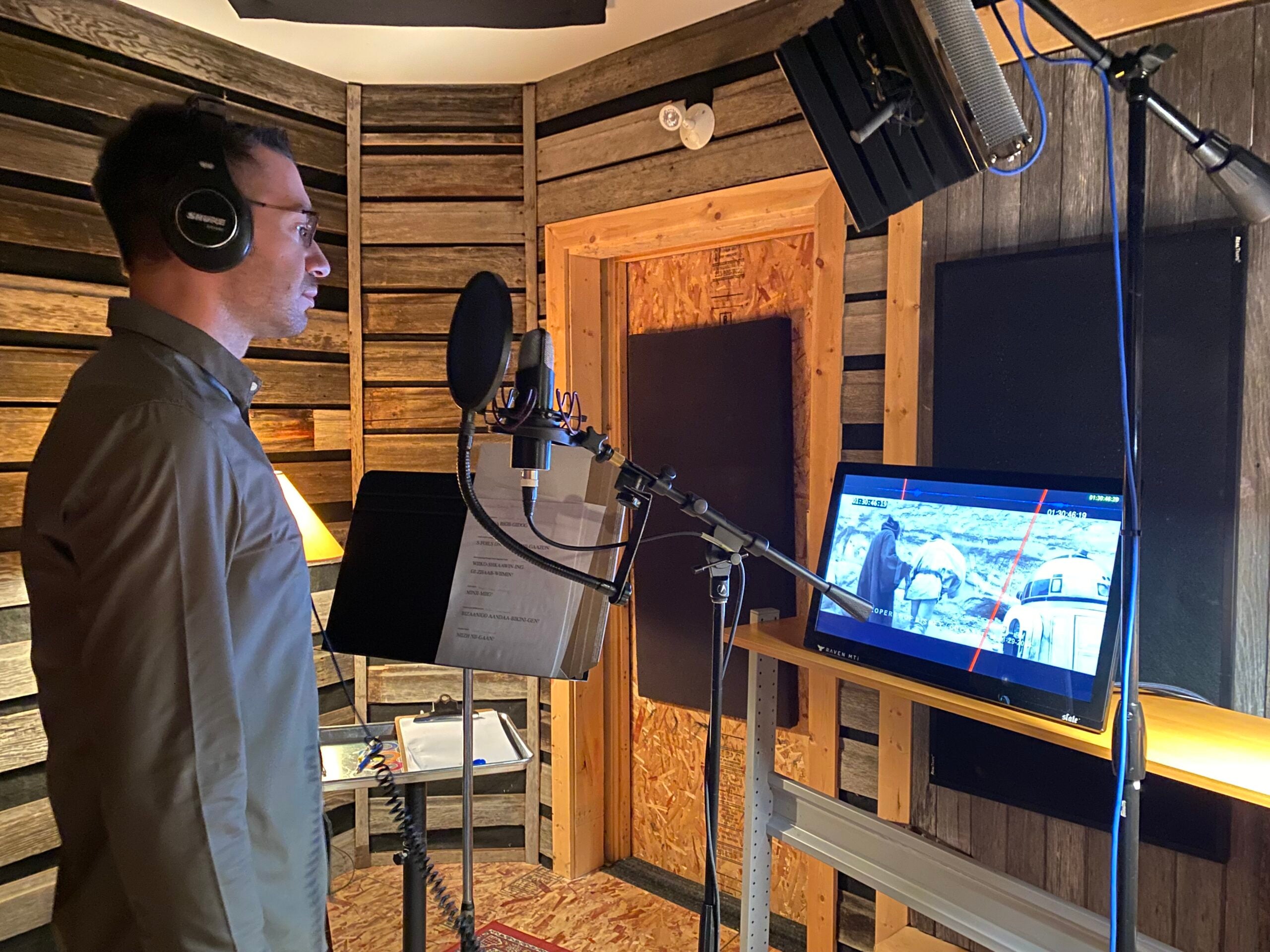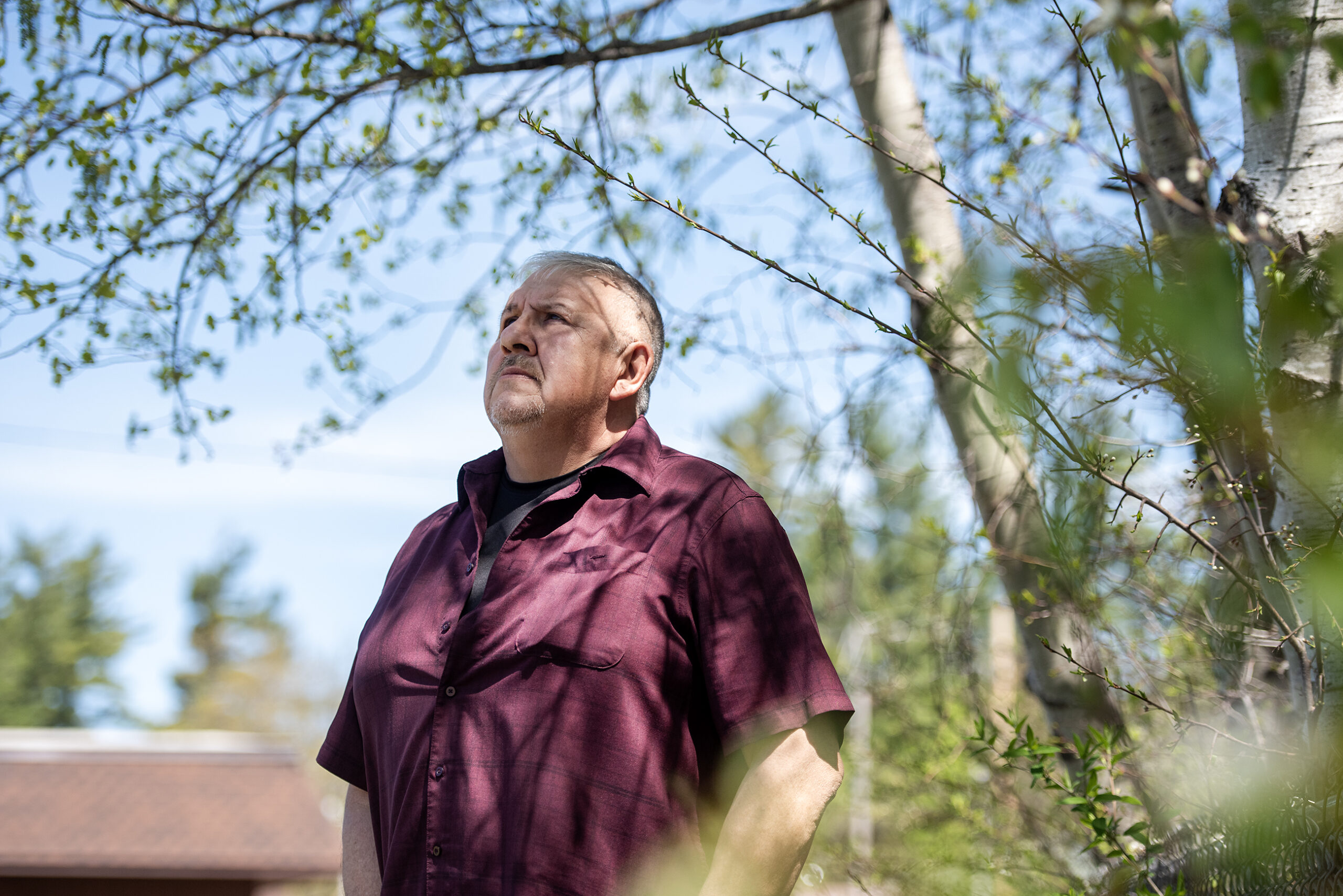The Red Cliff Band of Lake Superior Chippewa has been awarded a roughly $1 million grant over the next three years as part of plans to expand food sovereignty and the tribe’s community food system. The tribe plans to build a facility to process commercial fish and provide value-added products.
Red Cliff is one of 31 recipients to be awarded funding by the U.S. Department of Health and Human Services’s Administration for Native Americans.
The tribe plans to begin construction of a 3,500-square-foot facility on its reservation next spring, said Chad Abel, the tribe’s treaty natural resources administrator.
Stay informed on the latest news
Sign up for WPR’s email newsletter.
Abel said the tribe’s commercial anglers have to sell their catch to wholesale businesses off-reservation because they don’t have a facility for processing.
“The economic potential of the fishery is lost, which of course provides the livelihood for a lot of community members here to partake in the fishery,” said Abel. “That’s how they support their families, but we don’t see those dollars circulating within the community.”
The lack of a facility on the reservation has also made it difficult to provide fish to the tribe’s nutrition programs because it must comply with federal food safety regulations, said Abel. He hopes the processing facility will introduce competition to the area fish market, as well as allow tribal members to provide value-added products.
The tribe also plans to expand its commercial dock to provide space for all 10 of its Wisconsin commercial license holders using separate funding from the Indian Community Development Block Grant. Abel said some Red Cliff fishers have seen a loss of up to $1 per pound selling to wholesalers off-reservation compared to what tribal fishers receive in Michigan.
“By offering a better price for fishers here, we can introduce more competition into the local wholesale market,” said Abel.
Red Cliff license holders harvest nearly 11 percent of all Great Lakes lake trout, 17 percent of herring or cisco and about 6 percent of whitefish, Abel said.
“If you look across the five Great Lakes, that’s a pretty significant contribution to the amount of commercial harvest that occurs. We have no means to process that tribal catch on reservation,” said Abel. “By this time next year, I know the facility will be operational.”
According to Red Cliff, the tribe’s 31 license holders harvested 615,843 pounds of fish in 2018, which is down from 1.3 million pounds in 2013. Annual harvest has declined as tribal members have abandoned the practice, according to the tribe. The tribe hopes members will be able to generate more income from fishing once the facility is up and running, which is expected to be operational by July.
Wisconsin Public Radio, © Copyright 2025, Board of Regents of the University of Wisconsin System and Wisconsin Educational Communications Board.





